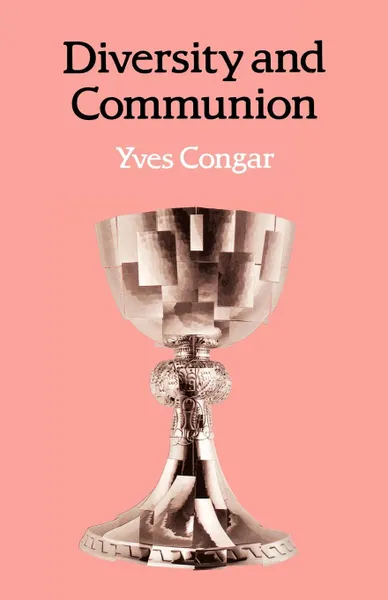Diversity and Communion 12+
📘 How can communion be restored between the great traditions of contemporary Christianity, and yet diversity in theology and in liturgical and institutional forms still be retained? That is the major problem for ecumenism today. As a step towards a solution Pere Congar looks back on the main features of the debate as they have been inherited from the past. He looks at the New Testament and the early church and shows how in some respects Rome gradually stifled the possibility of diversity. He looks towards the Eastern churches and examines the concepts and patterns of life which determine attitudes towards unity. And he looks at the churches which have come into being through the Reformation and the way in which closer relations have become possible since Vatican II. Most important, he analyses terms which have become so much part of the debate over unity, like the 'undivided' church, 'sister' churches, 'ecumenical' councils, 'fundamental' articles of faith, and so on, showing the dangers of using these terms unthinkingly. No definitive solution is offered here, but as one would expect this is a book full of mature wisdom and the material it contains will prove a rich resource for the future.
Мнения
